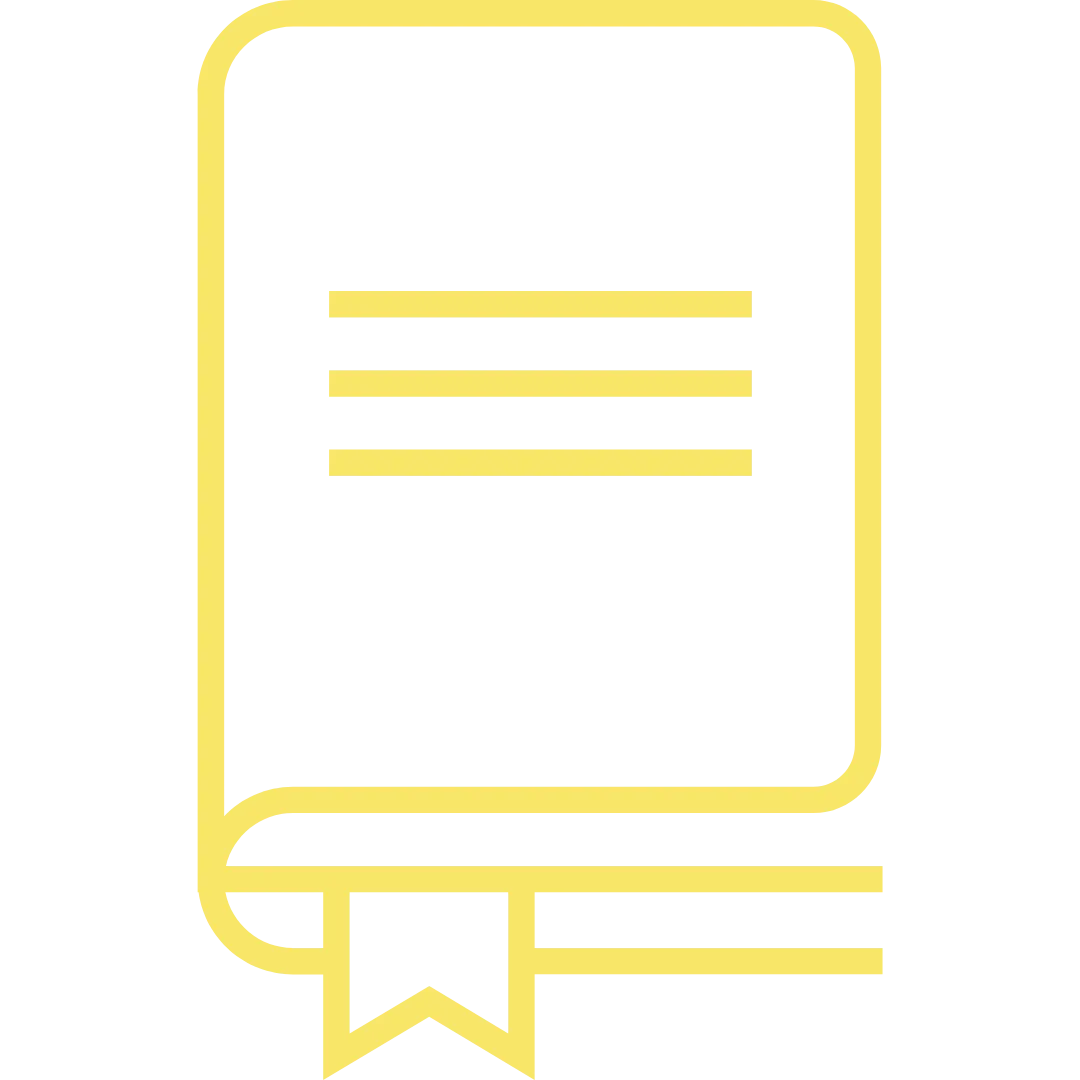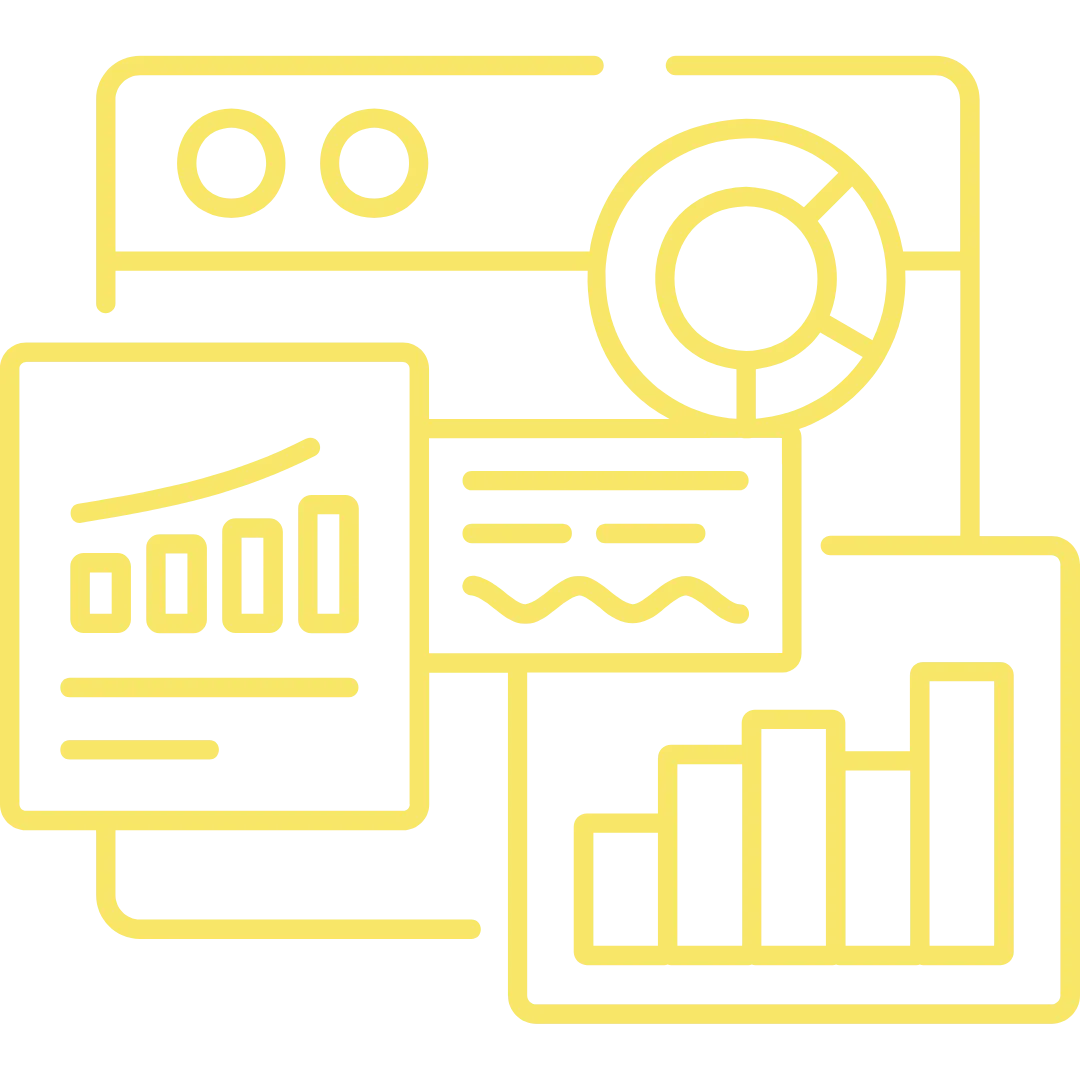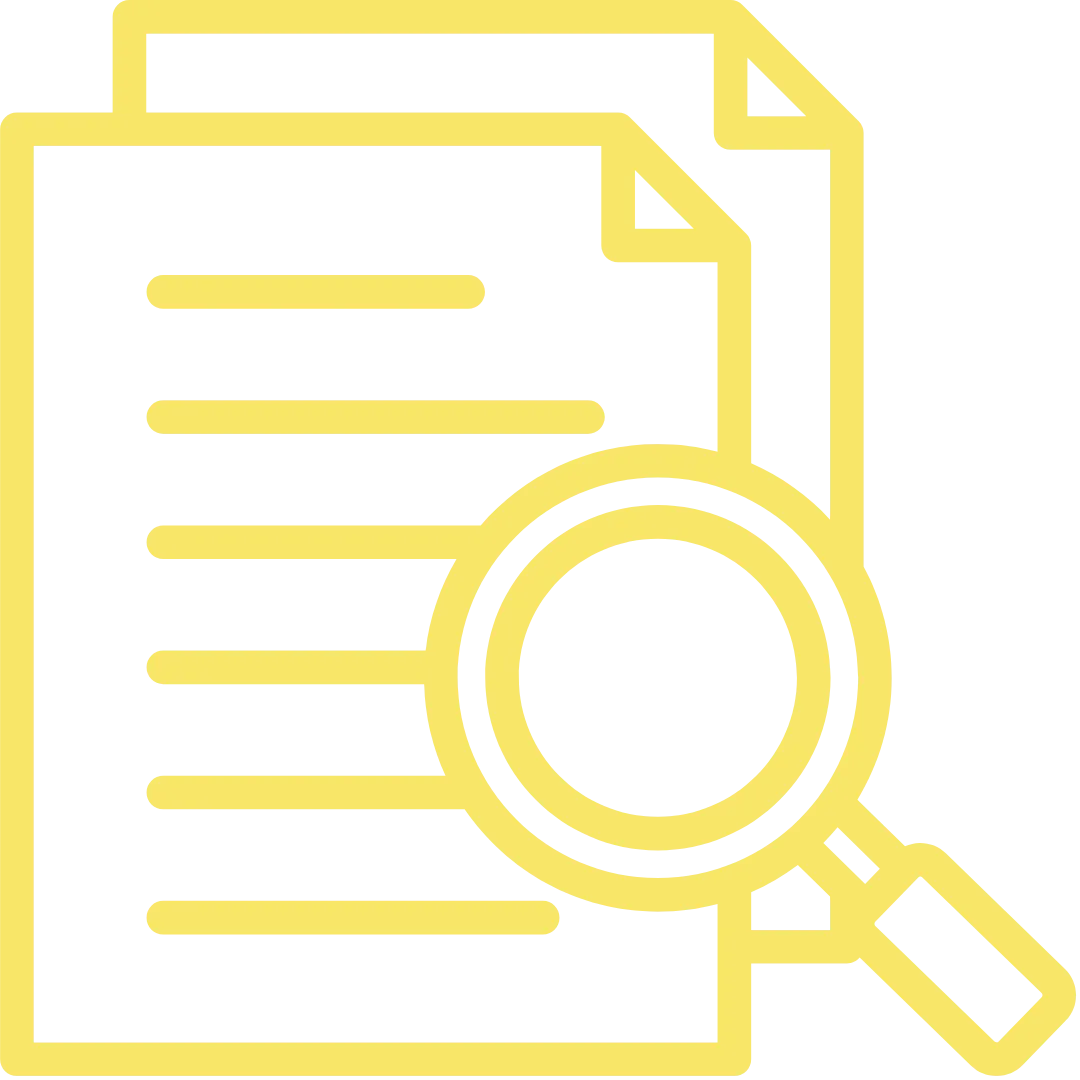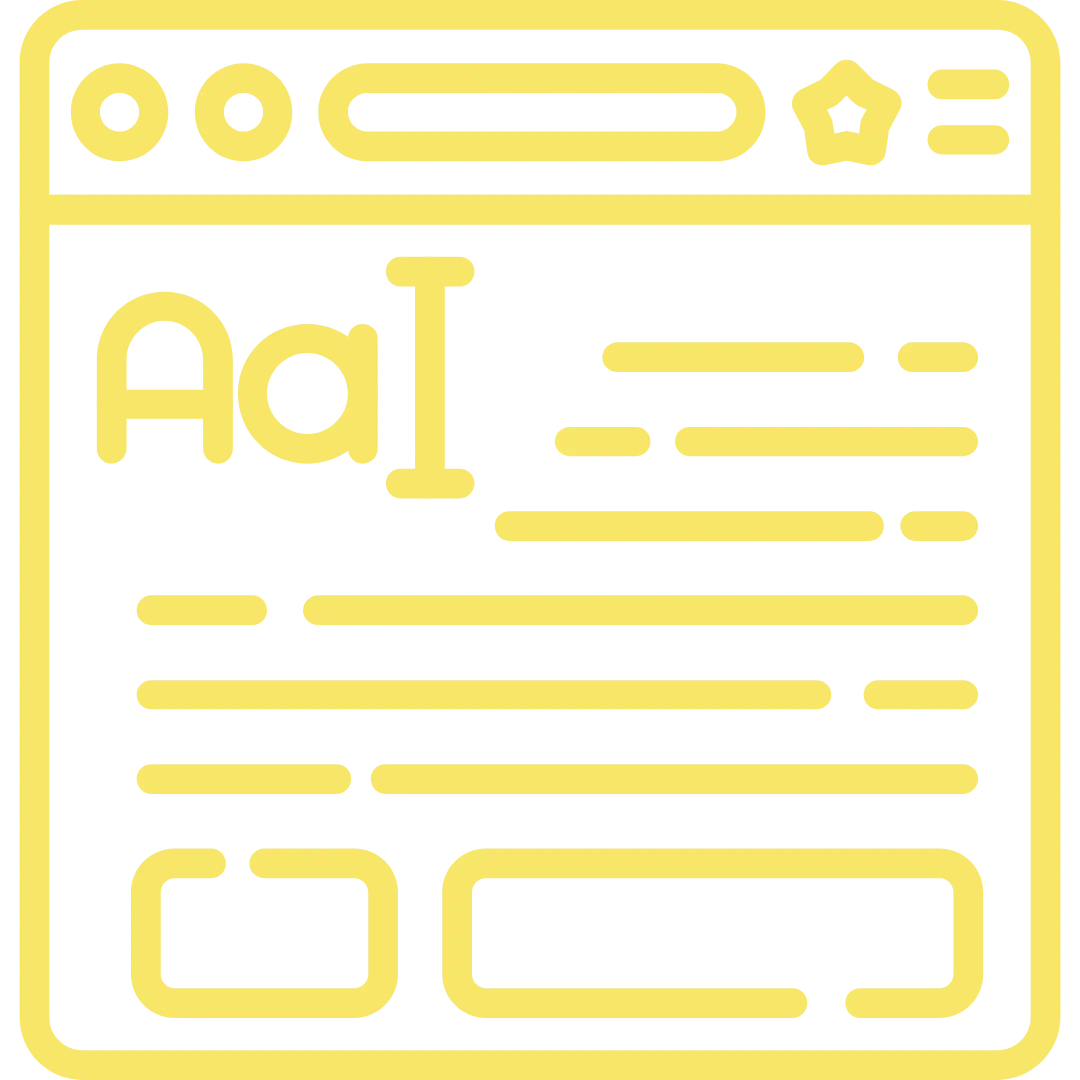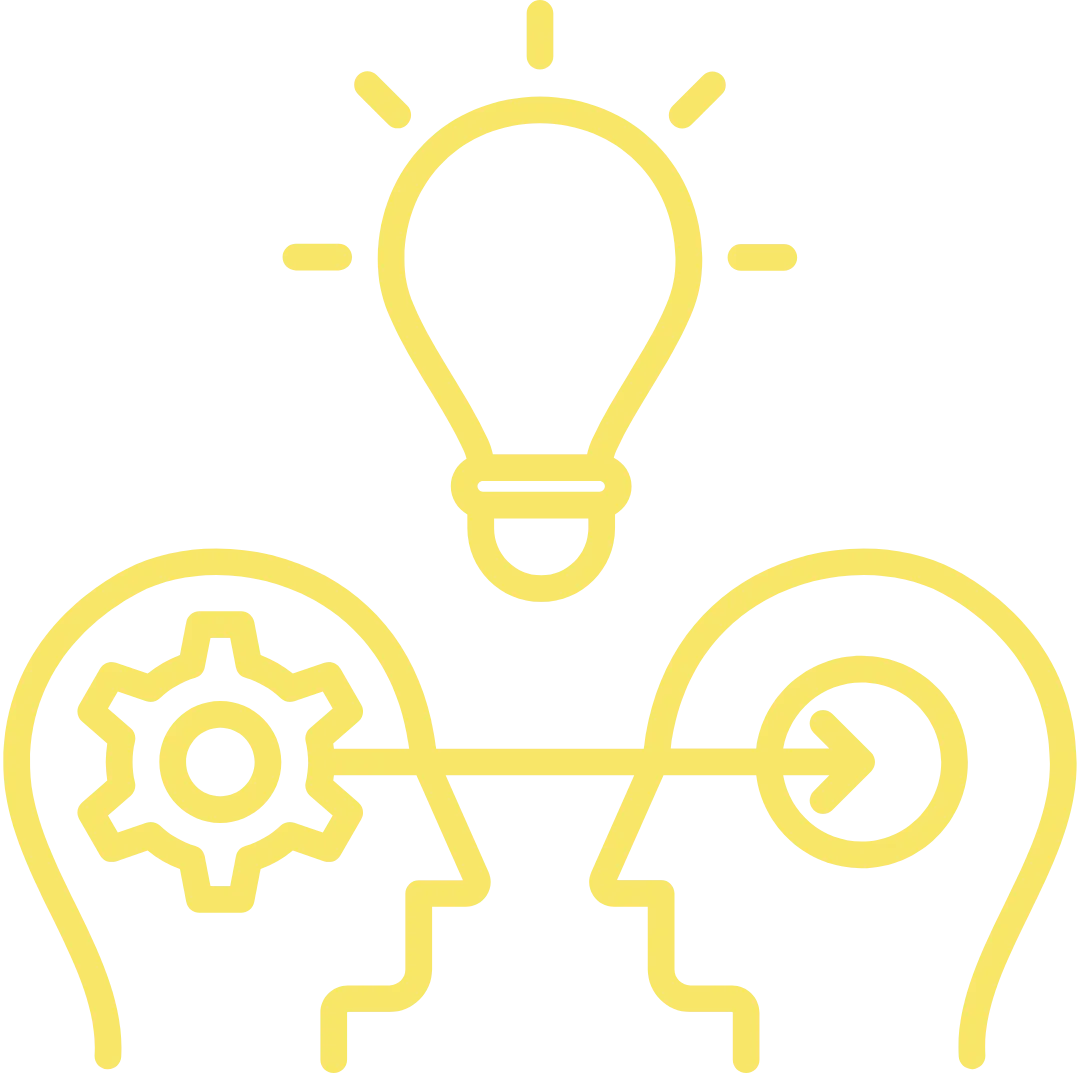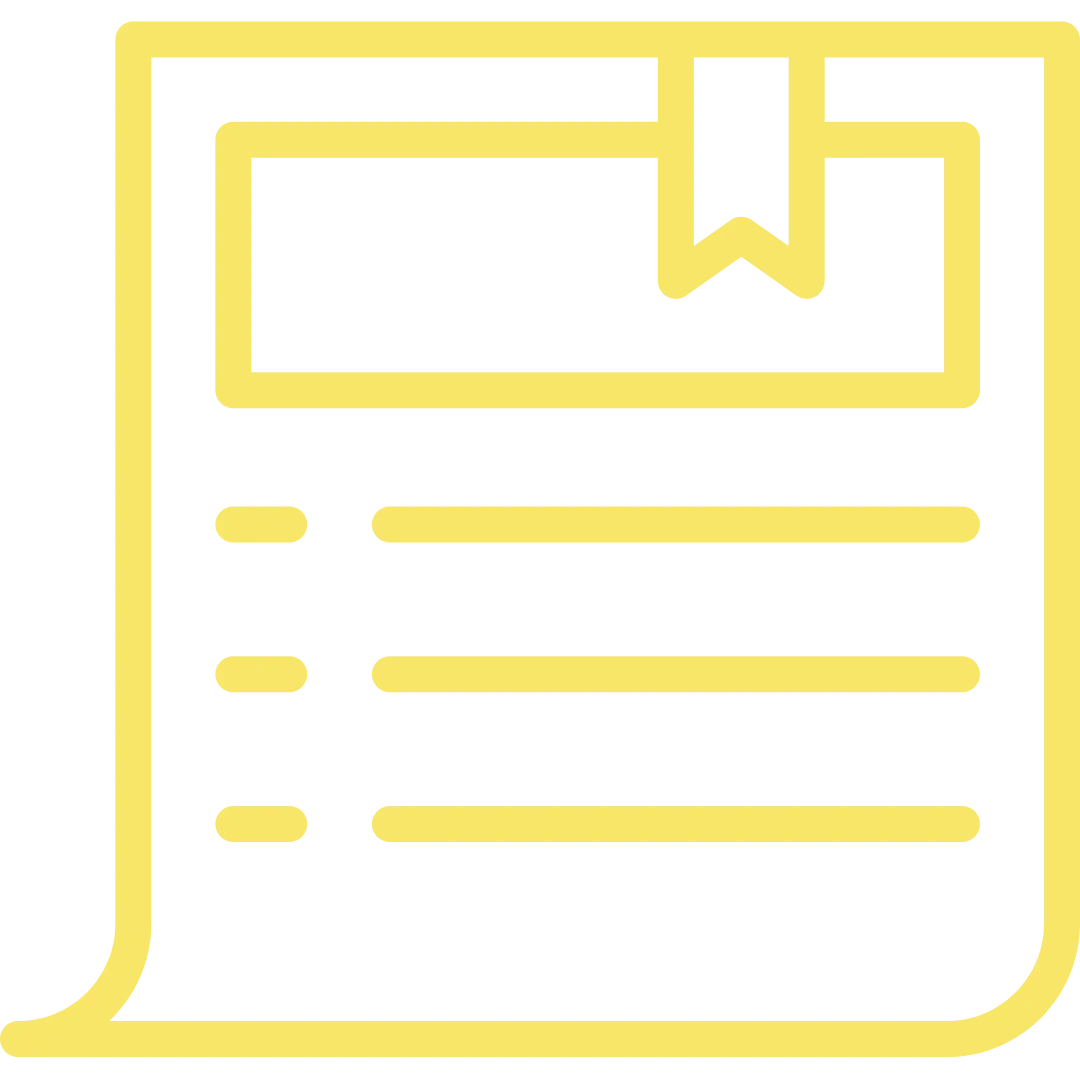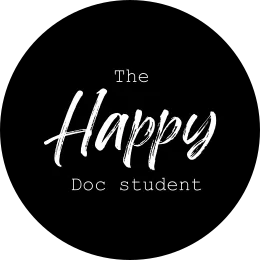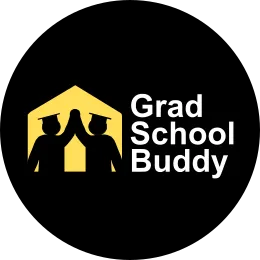America's #1 Dissertation Service
Our Team of PhDs Offers Fast, Customized Doctoral-Level
Services to Help You Get PhDone
3500+
Graduates Assisted
500+
Different Universities
200+
Books Published
300+
Journal Articles
One-On-One
Support
Expert Advice From
PhDs
Doctoral-Level Editing
& Data Analysis

100% Satisfaction
Guaranteed
Dissertation Services Powered by PhDs
We are a team of PhD-educated academic consultants, editors, and statisticians, who can help you navigate your path to completion whether you are writing a dissertation, master's thesis, capstone project, article, or book
Our services are highly personalized, offering 1-on-1 collaborations, and 100% human-powered with no AI tools involved. We can support you every step of the way, from project conception to completion
Dissertation Services Tailored to You
Why Choose
Dissertation Editor?

Experience
Helped 3,500+ graduates from over 500 universities get their PhD
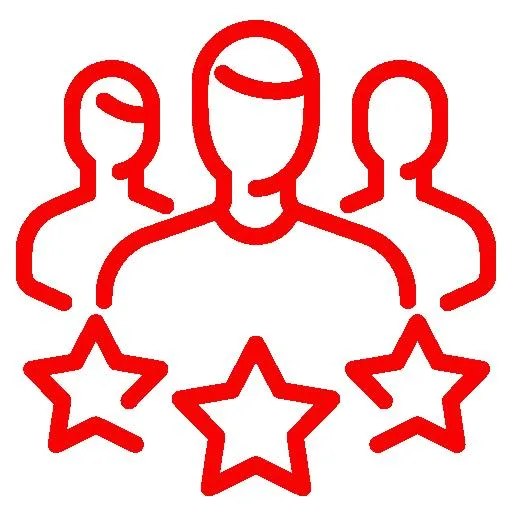
Expert Staff
Every editor and statistician on our team has a PhD. They understand precisely how to design and conduct research
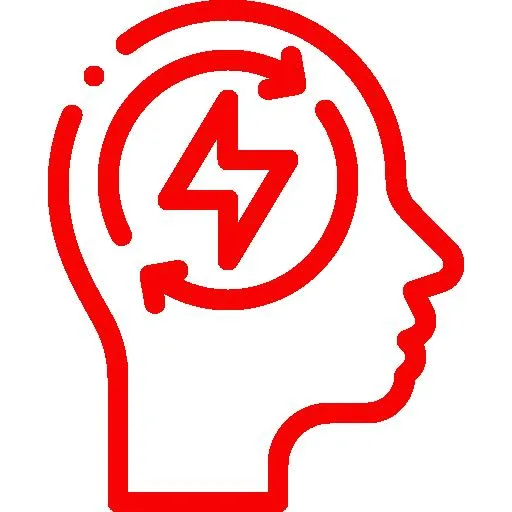
Human Powered
Services provided by real people, not AI
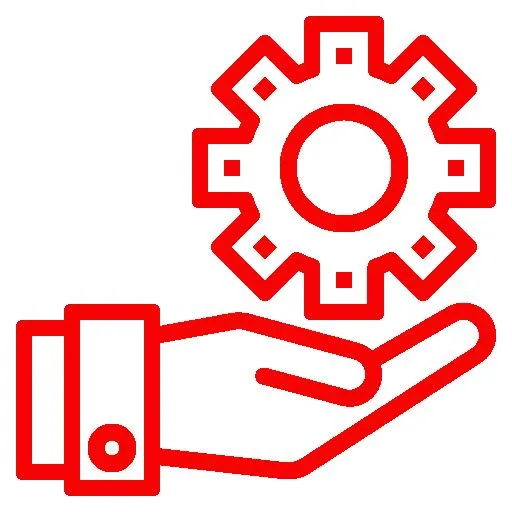
Customized Services
Personalized, prompt and reliable academic services tailored to meet your specific needs
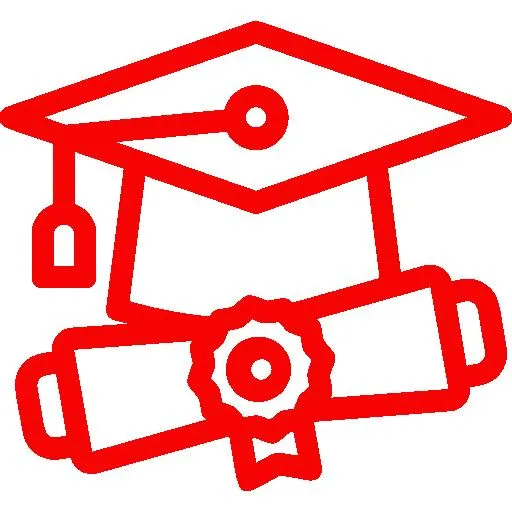
Comprehensive Help
We can support you through every step until your dissertation is ultimately approved
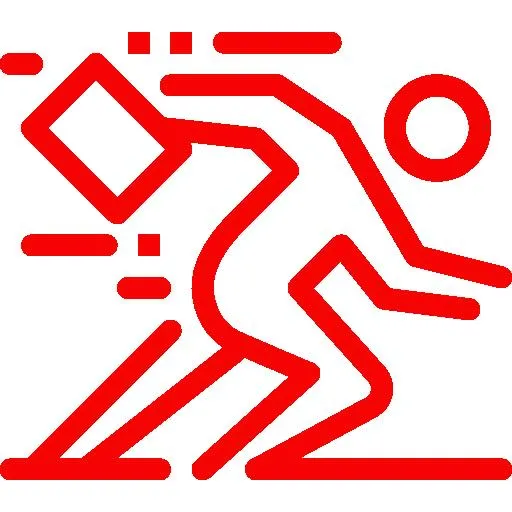
Rush Services Available
Tight deadline? We are only a call away and offer fast turnaround
How We Work
Call or email us to discuss your project
We will provide a specific price quote and timeline
We complete the work and collaborate with you until you’re satisfied
Get PhDone!
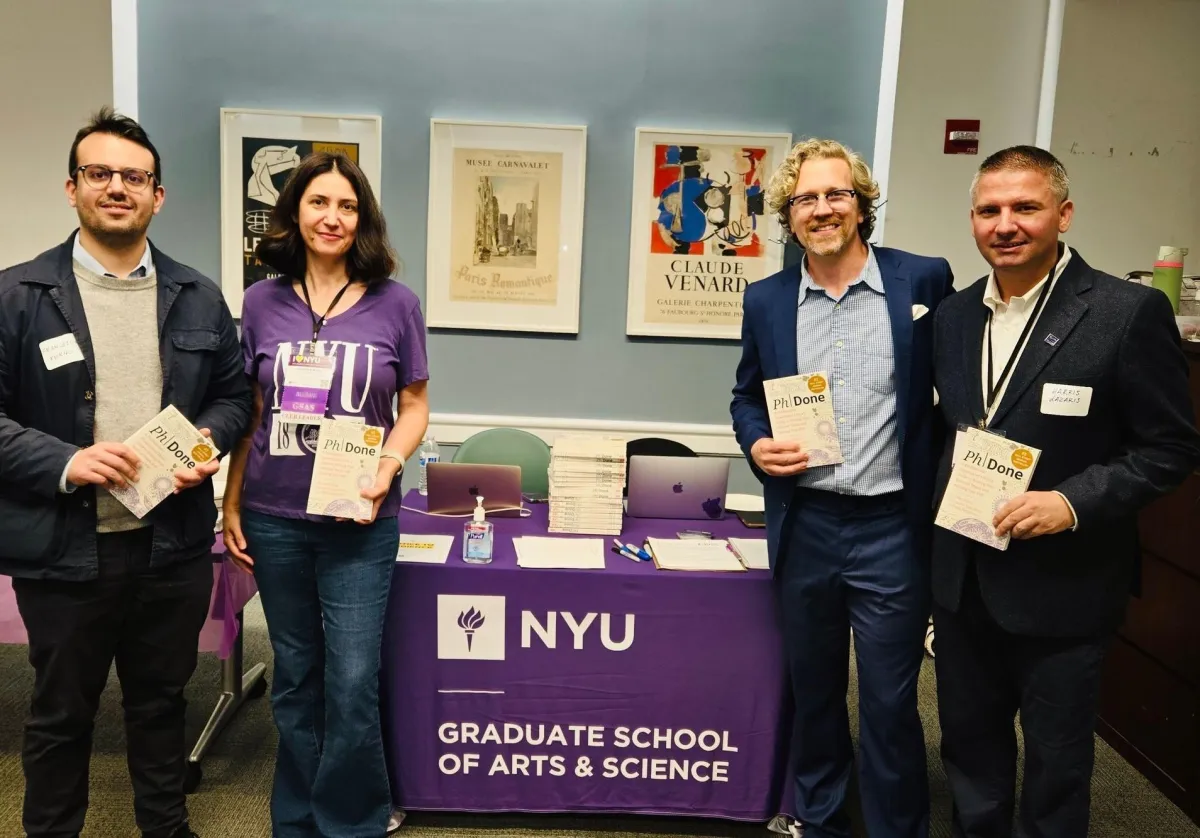
Professional Standards, Academic Integrity,
and Authenticity
We maintain high professional standards for our dissertation services while remaining committed to academic integrity and the use of real editors with PhDs, not AI
See our Academic Integrity Policy
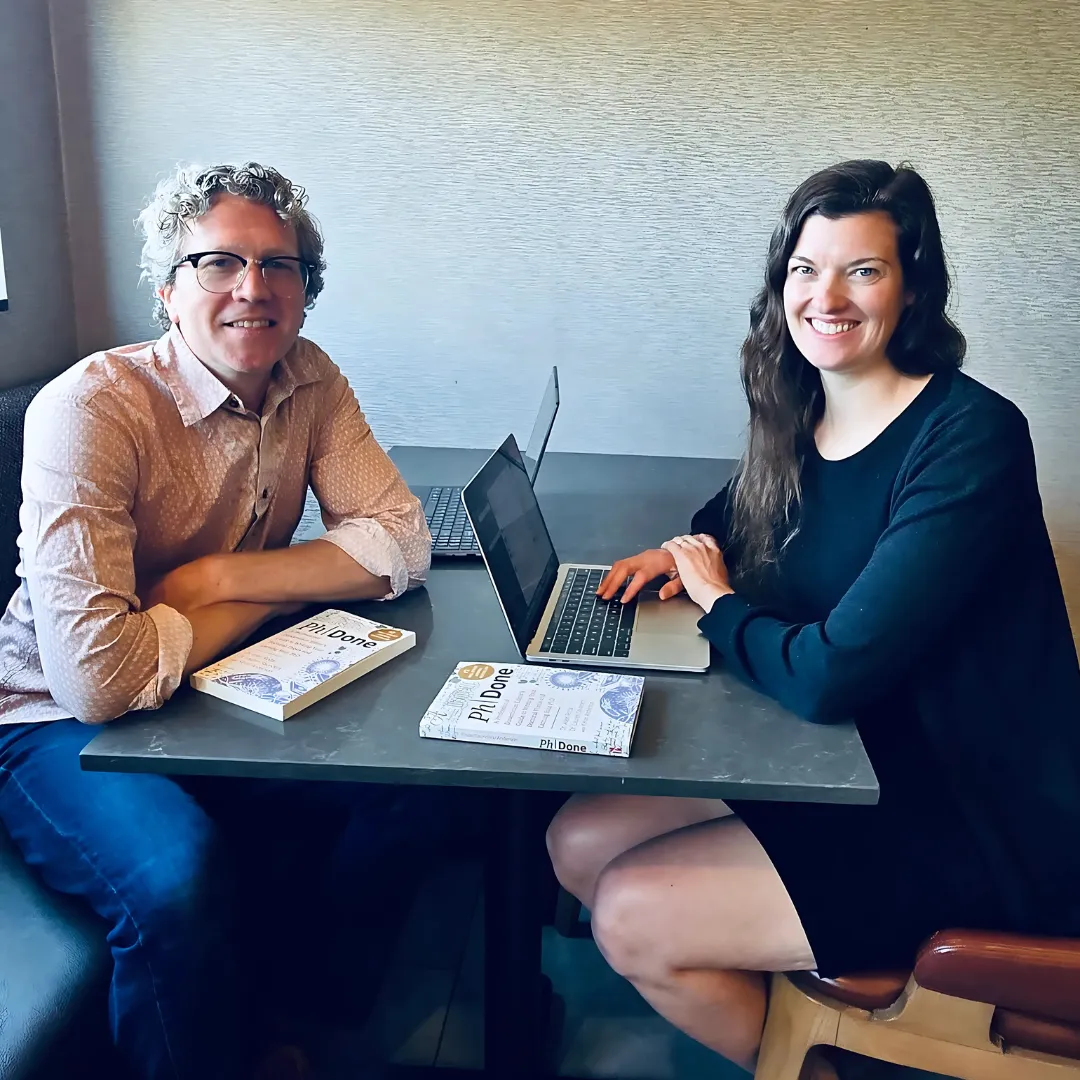
Dr. Allen Roda
CEO and Editor in Chief
Dr. Lauren Saunders
VP of Editing and Research
Learn from the Wisdom and Stories of Us Helping Over 3500+ Doctoral Students Graduate
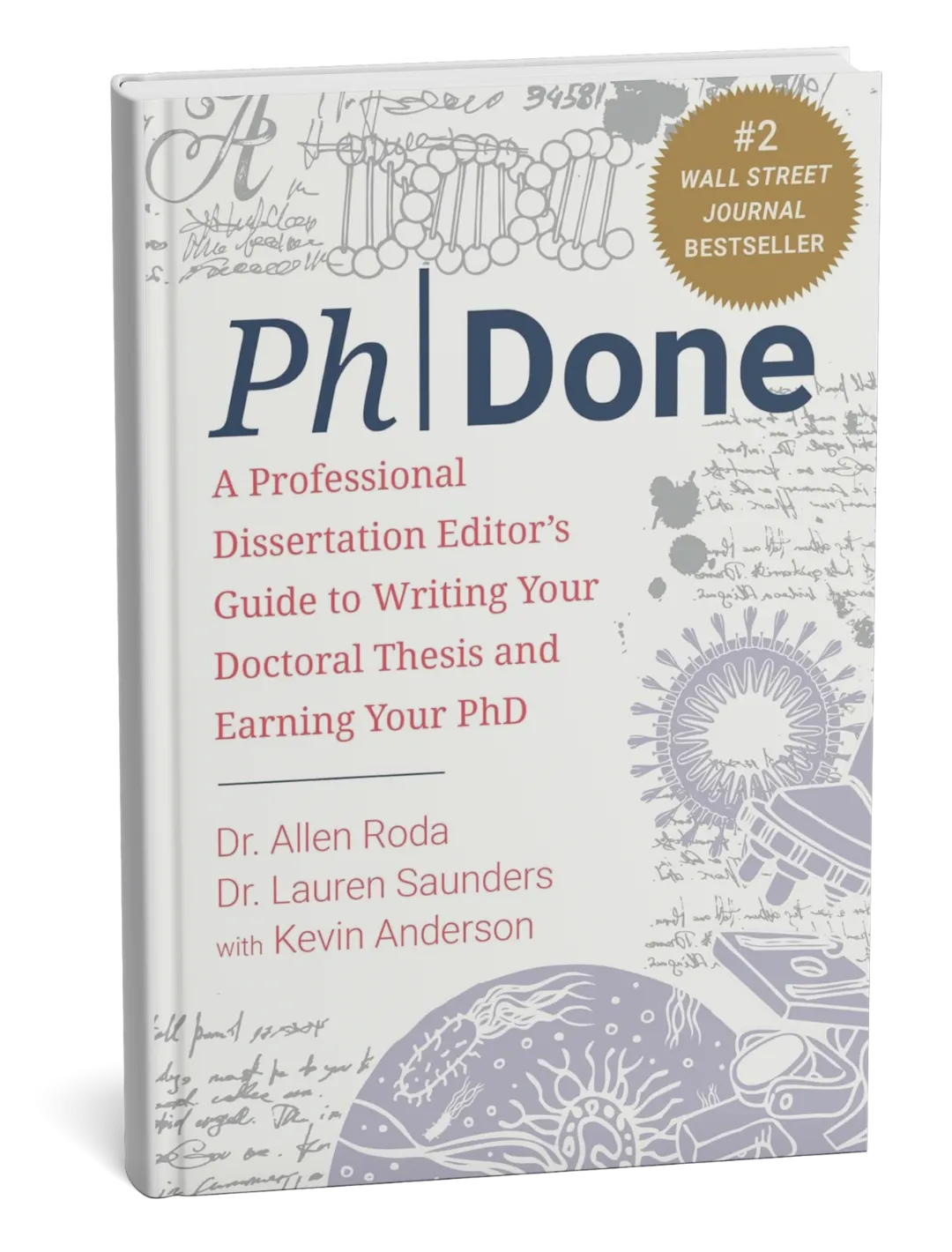
Wall Street Journal Bestseller
Why Our Clients Love Working With Us
Dr. Claire McCue
Professor of Social Welfare
CUNY
Benjamin Sota
Associate Professor of Theatre
Coastal Carolina University
Dr. Rod McCowan
Associate Professor of Business
Emory University
What are you waiting for?
Get the help you need now to get PhDone
Featured in
CONTACT
© 2025 PhD Advantage, LLC, all rights reserved.
Academic Integrity | Terms & Conditions | Referral Rewards |
Privacy Policy | Site map

